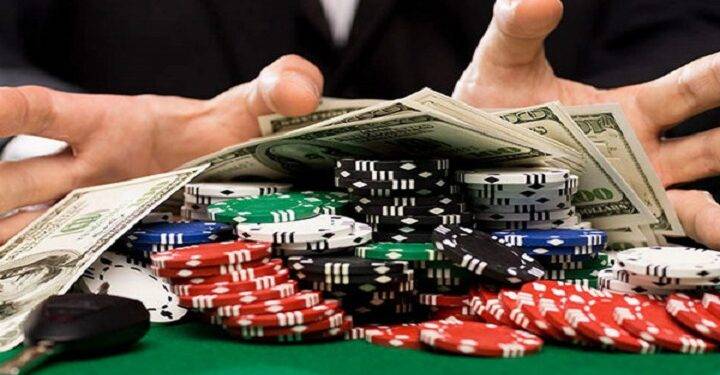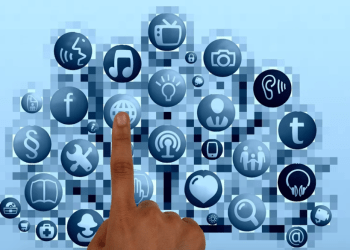The remote Gaming Act was passed on February 19, 2019. The following day, it was made public. The law will be changed so that people can get casual game licenses from home. These changes don’t work, either. Each type of gambling, like sports or casino games, will need a different type of license. People in these two groups can’t get or bet on things that aren’t sports, like long odds bingo pages and poker and casino games. People in these two groups can’t get or bet on things that aren’t sports. Generally, fantasy and e-sports will be allowed if virtual sports bets are made (with a random number generator known as casino games).
Gambling laws and rules
In gambling, the legality of illegal offers, which may need a “channel,” is the foundation for the rules. To ensure that people didn’t use too many games services, monopolies were set up by type. This cut down on competition between providers. Text of the law clarifies that making money from events like sports games is essential. Remote gambling licenses will not be limited, but strict rules will be implemented to achieve the same regulatory goals. The state-owned casino operator’s monopoly on casino gaming and privatization has also been broken, as has its power. Another central axis of change. However, the privatization plan was scrapped in May 2019 after the Senate said it didn’t want to do it. Gambling exports have not been tried.
The government and the private sector are in charge.
A mix of publicly traded and privately-owned gambling businesses operates in the Netherlands. All of these businesses are competing in particular markets.
Private people can run the horse-racing totalizer and the good causes lottery, as well as the slot machine business. People who run businesses for profit are not allowed to get a license for a non-incidental lucky game, so this is important to point out. Only one group of people make money from slot machines: the people who run them.
As a general rule, state-owned operators serve the city. There are state lotteries, sports bets, and instant lotteries at the 14 current casino sites run by the Holland Casino and others under the NederlandseLoterij umbrella (scratch cards). If you believe de Lotto, these two lotteries were also set up in April 2016. Staatsloterij, on the other hand, is a state-owned company that runs the game. This acquisition and the rise in the number of game operators in the state have disproved earlier claims that the state didn’t have to provide games.
There has been a lot of debate about where the United States should be.
The Gambling Authority of the Netherlands is the only person who can permit gambling establishments. It also includes licenses for gambling and slot machine operators obtained by accident or on a personal basis, covered by this rule. Under local law, local governments can give out slots and only use them in certain parts of their jurisdictions (e.g., a cap on the total number of venues, opening times).
The fourth reason to gamble on the internet instead of in person:
People in the Netherlands don’t have to do anything illegal when playing games. Whether the transactions start in the Netherlands, the contract’s validity is questioned. Whether or not the contract comes from inside or outside the EU or EEA doesn’t matter.
A licensing system for remote casual games was first put in place by the Netherlands, which targeted Dutch operators to funnel about 80% of the domestic operating market through them. However, since the end of 2018, more attention has been paid to the law.
In May 2017, the Gambling Authority sent out a press release about a significant change in its policy. On June 1, 2017, the most current strategy will be made public, and it will be made public then. While it is still against the law in the Netherlands, the threat of being prosecuted makes people less likely to do it. In 2020, the Remote Gaming Licensing System will be put into place because of a legislative backlog. So, the goals can still be reached.











